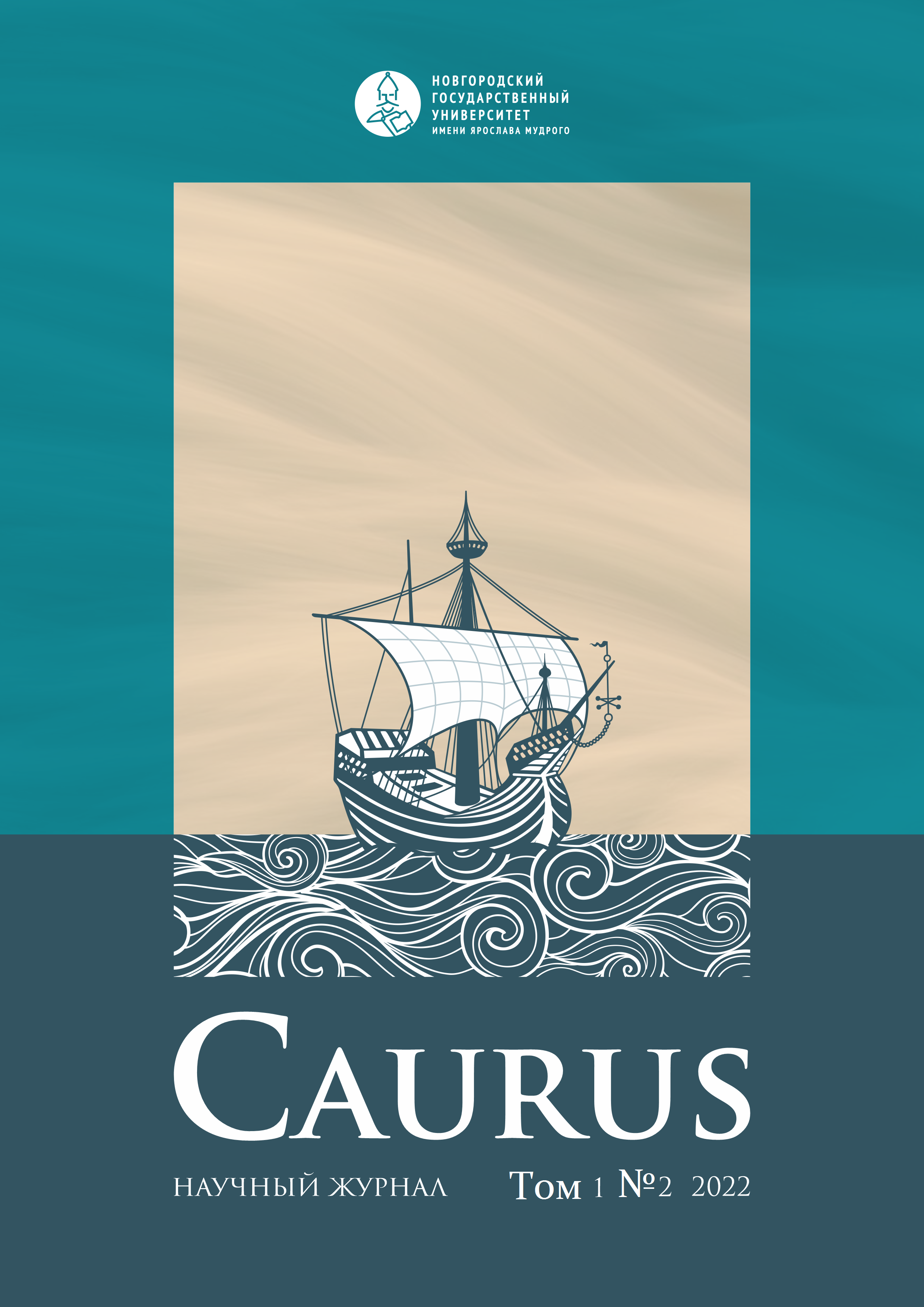"Where there is a tiun, there is a prince...": power and society in early modern Russia (casus of Prince I. V. Lyko Obolensky)
DOI:
https://doi.org/10.34680/Caurus-2022-1(2)-12-26Keywords:
early modern period, Russian state, supreme authorities, society, tradition, Ivan IIIAbstract
The second half of the 15th century was the time of forming the foundations of the so-called "centralized" Russian state. This complex and ambiguous, contradictory process was associated with the build-up of the supreme authorities of its infrastructure, which, as it developed, allowed the Moscow authorities to feel more confident and more successful than before, to dictate their will to society. However, while this infrastructure was in its infancy, the possibilities of the authorities in this area were limited. This limited means and opportunities for pursuing an independent policy forced the state, the supreme authorities, to listen to the opinion of society and seek its support. In turn, society was ready to provide this support, but on the condition that the authorities would meet certain requirements long established and consecrated by tradition. Following these requirements of tradition guaranteed the loyalty of the subjects to the authorities and, as a result, the success of their undertakings. Wishing to maintain this loyalty and obedience, the supreme authorities reacted harshly to the abuses of its local representatives in those cases when their actions went far beyond tradition. The incident with the Velikiye Luki governor, Prince I.V. Lyko Obolensky, whose abuses caused a conflict with the inhabitants of Velikiye Luki in 1479 and became the subject of proceedings by the Grand Prince, is a notable example.







